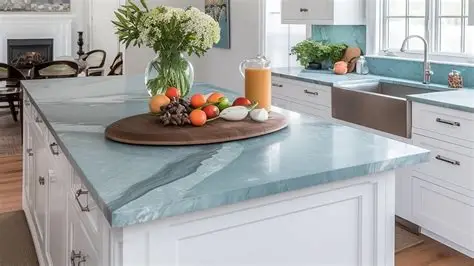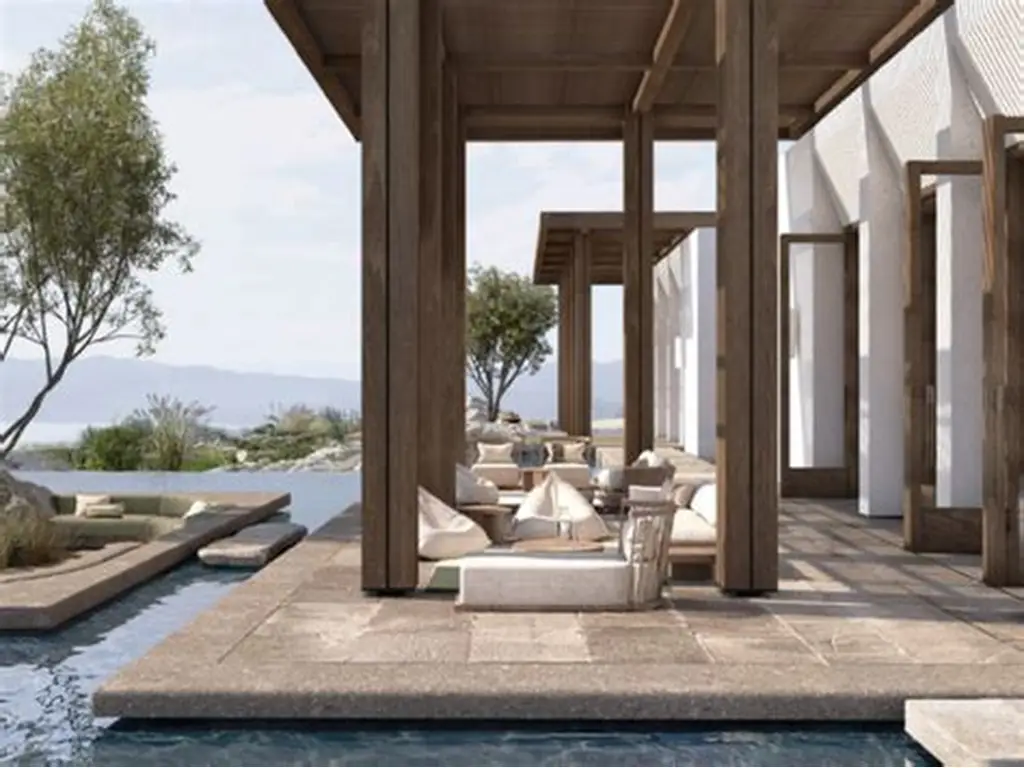Introduction
When planning a kitchen or bathroom renovation, one of the most common debates is quartz vs. granite countertops—and cost plays a major role in the decision. While both materials offer durability, beauty, and long-term value, their price ranges vary depending on factors like sourcing, manufacturing, and installation.
In this guide, we’ll break down everything you need to know about granite stone and quartz pricing, how quality and finishes impact cost, and tips for finding affordable options without sacrificing style or durability. If you’re handling heavy slabs during installation, a reliable glass lifter can help ensure safety and efficiency.

Understanding Granite
What is Granite?
Granite is a natural stone formed deep within the Earth through the slow crystallization of magma. It’s quarried in large blocks, cut into slabs, polished, and used for countertops, flooring, and more.
Key characteristics of granite:
- Unique veining and patterns (no two slabs are identical)
- High heat resistance
- Excellent scratch resistance
- Requires periodic sealing for stain protection
Learn more about market pricing in is quartz or granite more expensive?.

Understanding Quartz
Quartz countertops are engineered stone surfaces made from natural quartz crystals bound together with resins and pigments. Unlike granite, quartz offers a more uniform look and requires minimal maintenance.
Key characteristics of quartz:
- Non-porous surface (no sealing needed)
- Consistent color and pattern
- Resistant to stains and moisture
- Slightly less heat resistant than granite
If you want a deeper material performance comparison, see is quartz or granite better?.
Price Comparison: Quartz vs. Granite
Average Installed Costs
| Material | Cost per Sq. Ft. Installed | Low-End Range | High-End Range |
|---|---|---|---|
| Granite | $40 – $200+ | $40 – $60 | $150 – $200+ |
| Quartz | $50 – $150+ | $50 – $70 | $120 – $150+ |
Granite can be more affordable at the entry level, especially if you choose a common color. Quartz tends to have a slightly higher starting price, but exotic granite varieties can be more expensive than premium quartz.
Factors That Affect Cost
1. Material Quality
- Granite: Rarity of the stone, source country, and unique color patterns increase price.
- Quartz: Brand reputation, technology used in manufacturing, and pigment customization affect cost.
2. Thickness
Standard countertop thickness is 3 cm (1.18″), but thicker slabs increase cost for both materials.
3. Edging Style
Custom edges, such as ogee or waterfall profiles, add to the cost. Compare styles in What’s a Cheaper Alternative to Granite Countertops? and its second guide.
4. Installation Complexity
Larger kitchens, cutouts for sinks, and integrated backsplashes raise installation labor costs.
Maintenance Costs Over Time
While the upfront cost matters, consider the long-term maintenance investment.
- Granite: Requires sealing every 1–3 years to maintain stain resistance.
- Quartz: No sealing required—just regular cleaning.
Over a decade, quartz may have slightly lower maintenance costs.
Durability and Longevity
Both materials can last for decades with proper care. Granite’s heat resistance gives it an edge for home chefs, while quartz’s non-porous surface provides a defense against staining and bacteria.
Eco-Friendliness and Sustainability
- Granite: A natural material, but quarrying has environmental impacts.
- Quartz: Can include recycled materials, but resin production uses chemicals.
Resale Value
Homes with granite or quartz countertops tend to have higher resale appeal. Buyers may prefer granite for its natural origin or quartz for its low maintenance—both are considered luxury upgrades.
Which Should You Choose Based on Price?
If budget is your main concern:
- Choose granite if you find a locally sourced, common color slab.
- Choose quartz if you want predictable costs and minimal maintenance.
If aesthetics, uniqueness, and heat resistance matter most, granite is often worth the investment. For stain resistance and modern uniformity, quartz may be the better choice.
Final Thoughts
When asking “Which is cheaper, quartz or granite?”, the answer depends on your desired quality, slab rarity, and design preferences. Entry-level granite is often more affordable than entry-level quartz, but high-end granite can cost significantly more than premium quartz.
For a premium selection, explore Aardwolf granite countertop collection, Aardwolf premium granite slabs, and Aardwolf granite installation services to find a slab that matches both your budget and your design vision.

